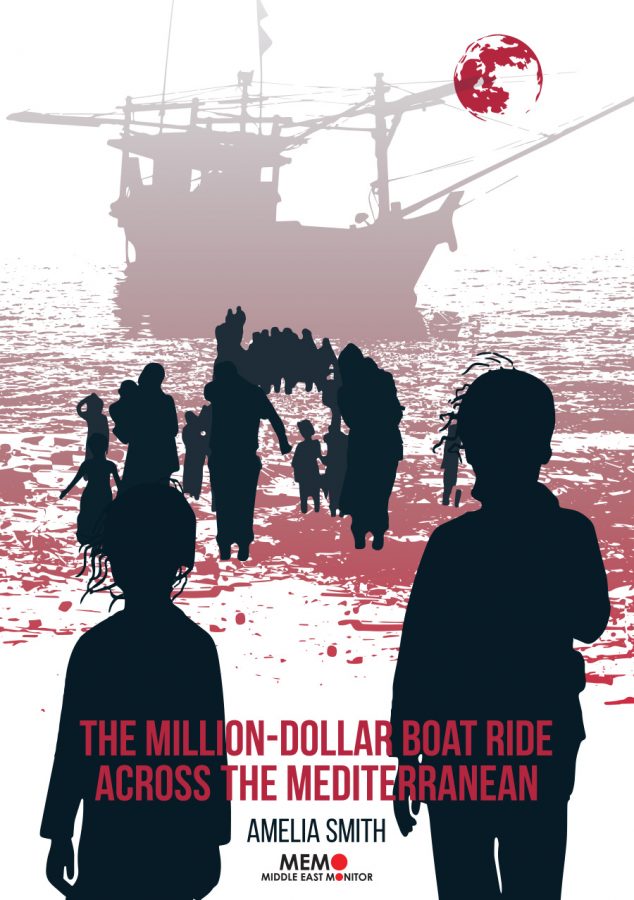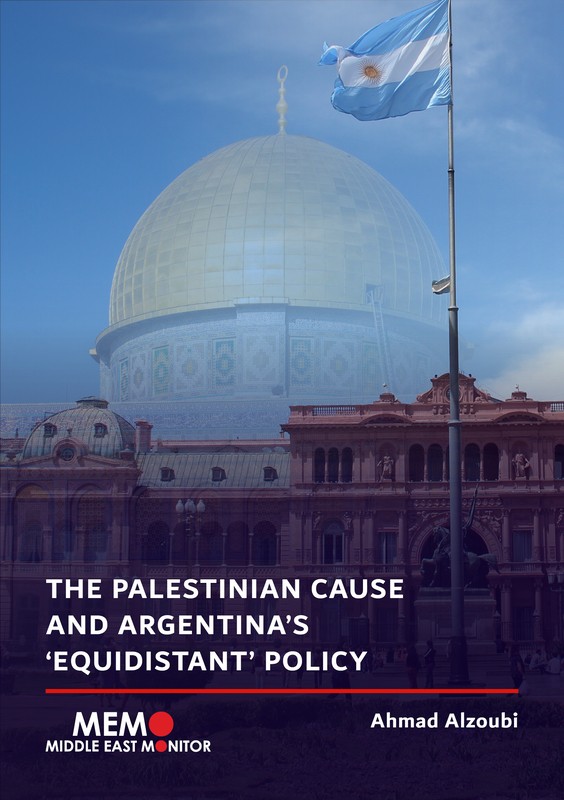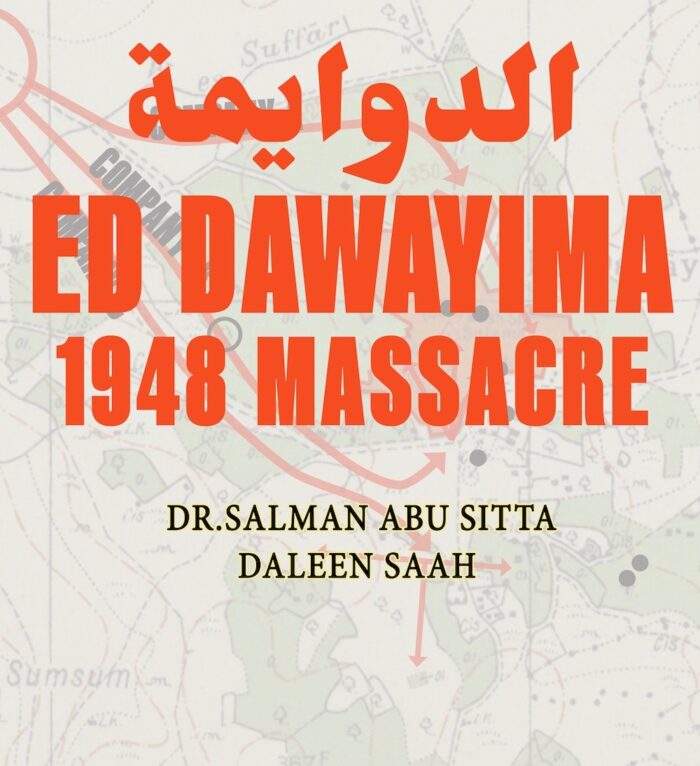At 3am, two weeks after he spoke out in a meeting against members of the ruling Popular Front for Democracy Party, security forces entered Mohamed’s house, beat him up in front of his mother and his wife and accused him of trafficking people out of Eritrea.
Mohamed was taken to a prison in Hashfayrat, located in a closed military zone roughly 30 kilometres from the city of Keren, where he stayed for around a year. He had problems with his eyes, was denied medical treatment, and wasn’t given adequate food to eat.
Eventually he bribed a military officer to liaise between himself and a smuggler to help him escape. The officer bought clothes and dates and distributed it between Mohamed and the other prisoners. On one of his shifts he pretended to be distracted and moved far enough away so they could escape.
It was February 2014 and Mohamed and his fellow detainees spent seven days walking before they crossed the border and reached Kassala, a city in the eastern part of Sudan along the border with Eritrea. He remembers farmers tending to their cattle who took them in, gave them yoghurt and a place to rest.
Like thousands of other Eritreans who make this journey Mohamed avoided the UNHCR camps along the border – he had heard members of Eritrea’s infamous intelligence service regularly infiltrated the camps, picked people up and escorted them home where they would be tortured or killed.
That day Mohamed became one of 500,000 Eritrean refugees who have escaped severe human rights abuses at home. Repression in Isaias Afwerki’s one-party state is so brutal that one in every 11 Eritreans is a refugee.
One of the most commonly cited reasons Eritrean refugees seek protection beyond their own borders is indefinite military conscription which both males and females enter at the age of 18. Despite an 18-month cap, conscripts work for years without pay, get beaten or tortured if they complain and the women are subject to sexual violence.
The first challenge of the journey is making it across the Eritrean border without being picked up, or shot, by Eritrean police. Refugees often choose not to stay in neighbouring countries and instead cross the Sahara desert towards Libya or Egypt where they will climb aboard an unseaworthy vessel in the direction of Europe.
Along the journey refugees must navigate not only vast swathes of desert and the waves of the Mediterranean but also traffickers – who could demand more money from them at any time – torture them and subject them to more sexual violence. Whilst the refugees in their care suffer, trafficking networks are raking in millions of dollars.





